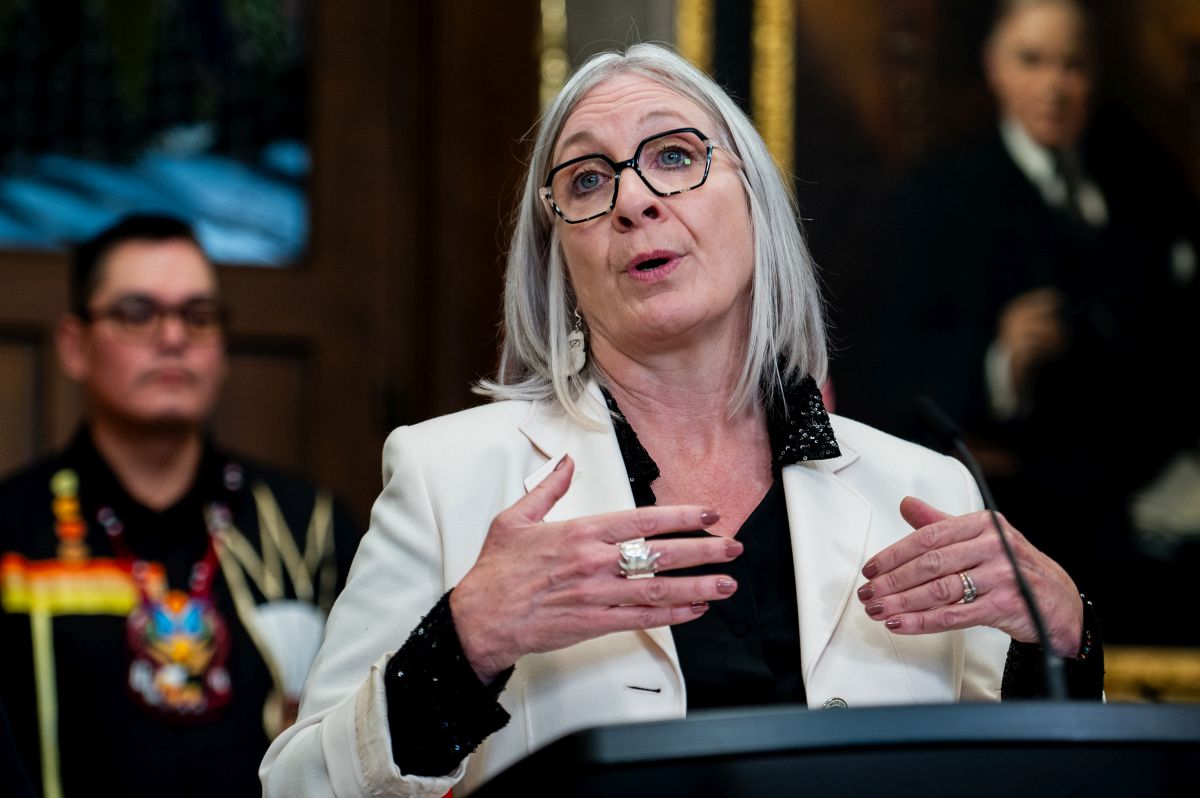Indigenous Services Minister Patty Hajdu says it is up to the Assembly of First Nations to come back to the federal government with a clear message about how it wants to proceed after chiefs voted against a $47.8 billion child welfare reform agreement last week.

Hajdu says she is sure AFN National Chief Cindy Woodhouse Nepinak is “listening very closely” to concerns chiefs have about how the AFN handled negotiations for that agreement.
Chiefs rejected the 10-year reform deal at a gathering in Calgary last week after many of them blasted the AFN and Canada for lacklustre consultations that resulted in a weak deal.

Hajdu says the government is waiting for the AFN to come back with a plan but says they’ll be looking at every option they can to make sure negotiations can continue.
Woodhouse Nepinak said last week that the deal was defeated by a group of people who felt it was too much of a threat to the status quo of the existing child welfare industry.

Get breaking National news
Cindy Blackstock, the head of the First Nations Child and Family Caring Society, called that an “unfortunate” characterization of chiefs bringing forward real concerns.
The deal came almost two decades after the caring society and the AFN made a human rights complaint based on data showing funding for child and family services for kids on reserve was far lower than that for kids who lived off reserve.
Following years of legal battles between the organizations and the federal government, the Canadian Human Rights Tribunal agreed the funding was discriminatory and ordered the government to remedy the situation.
This report by The Canadian Press was first published Oct. 22, 2024.







Comments
Want to discuss? Please read our Commenting Policy first.